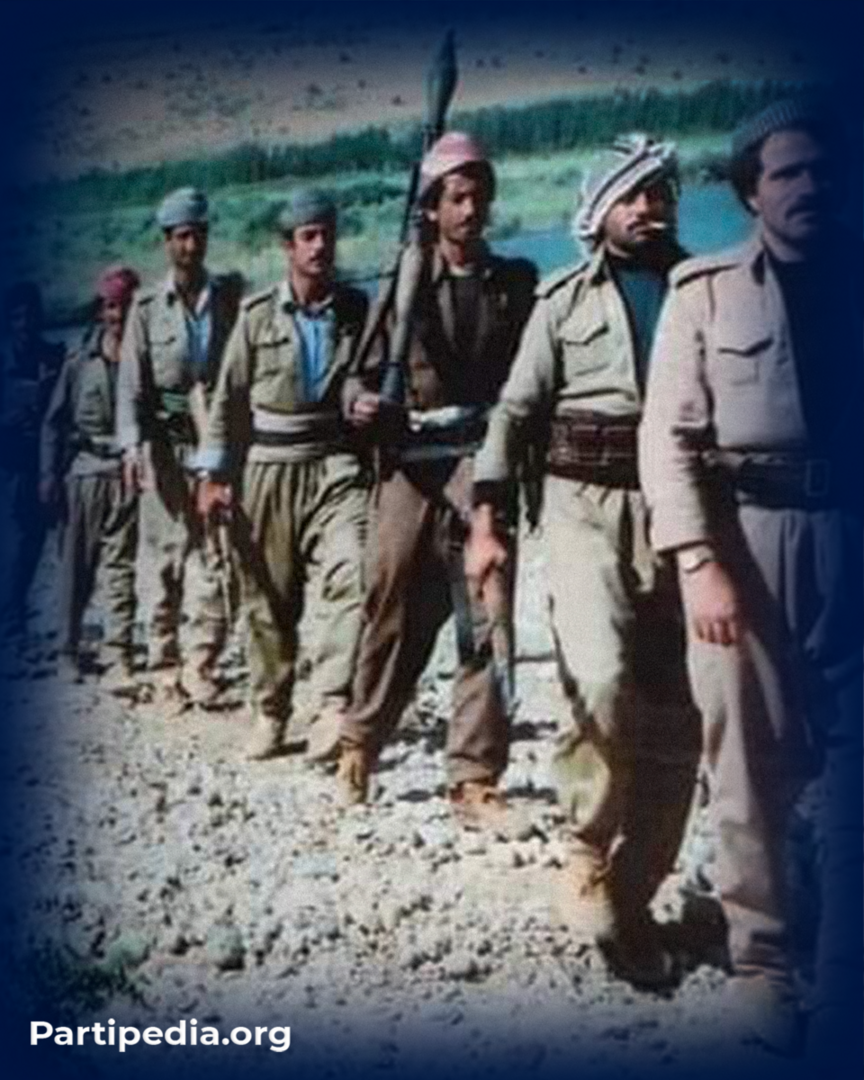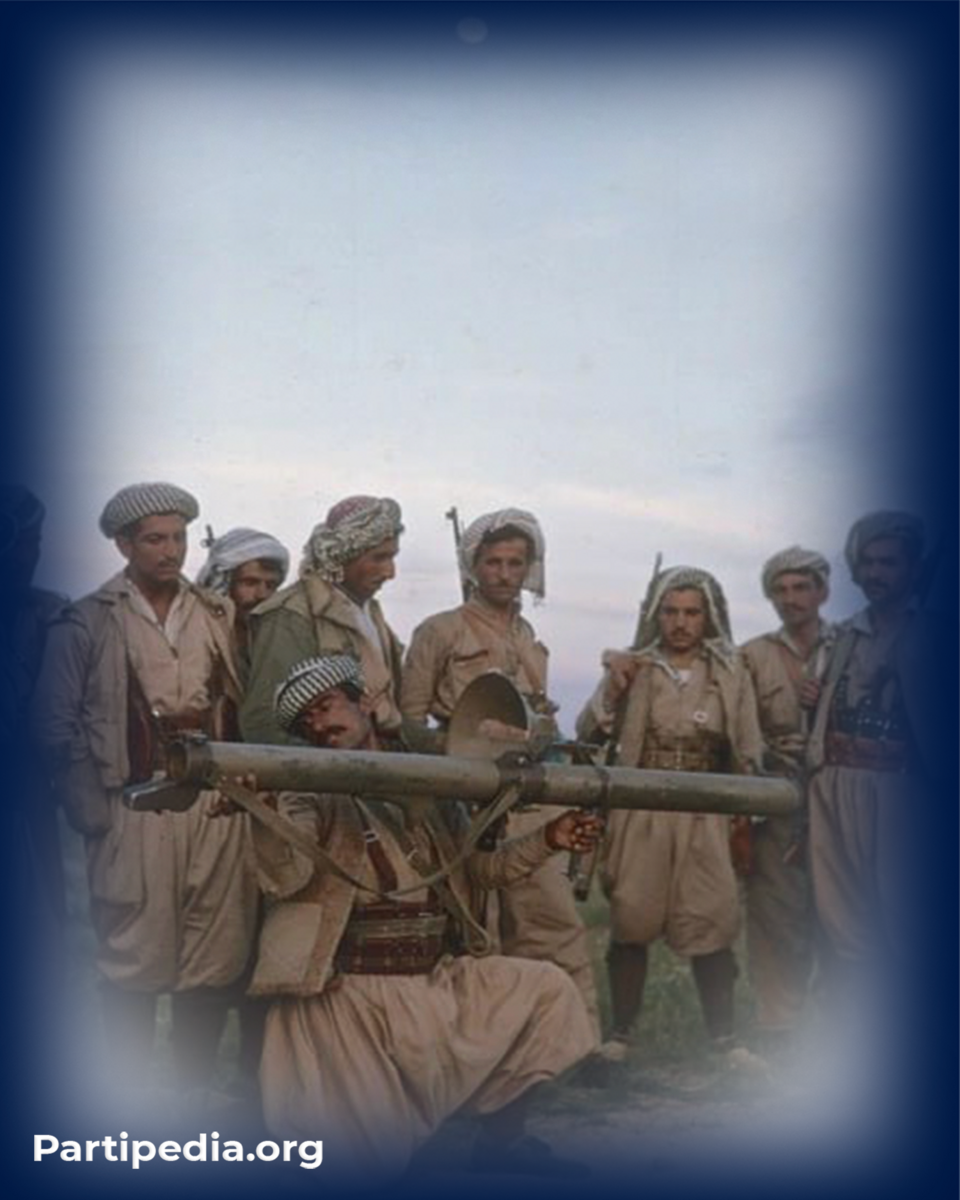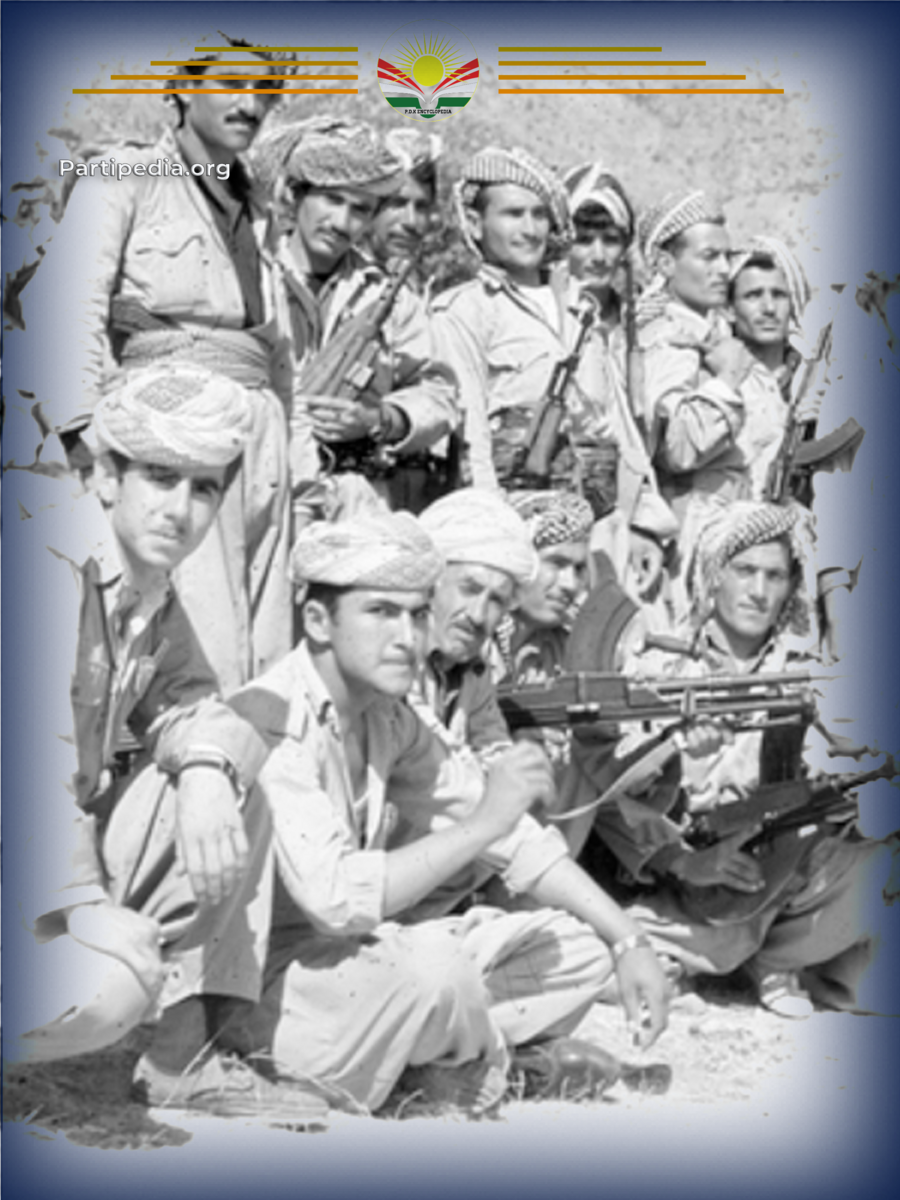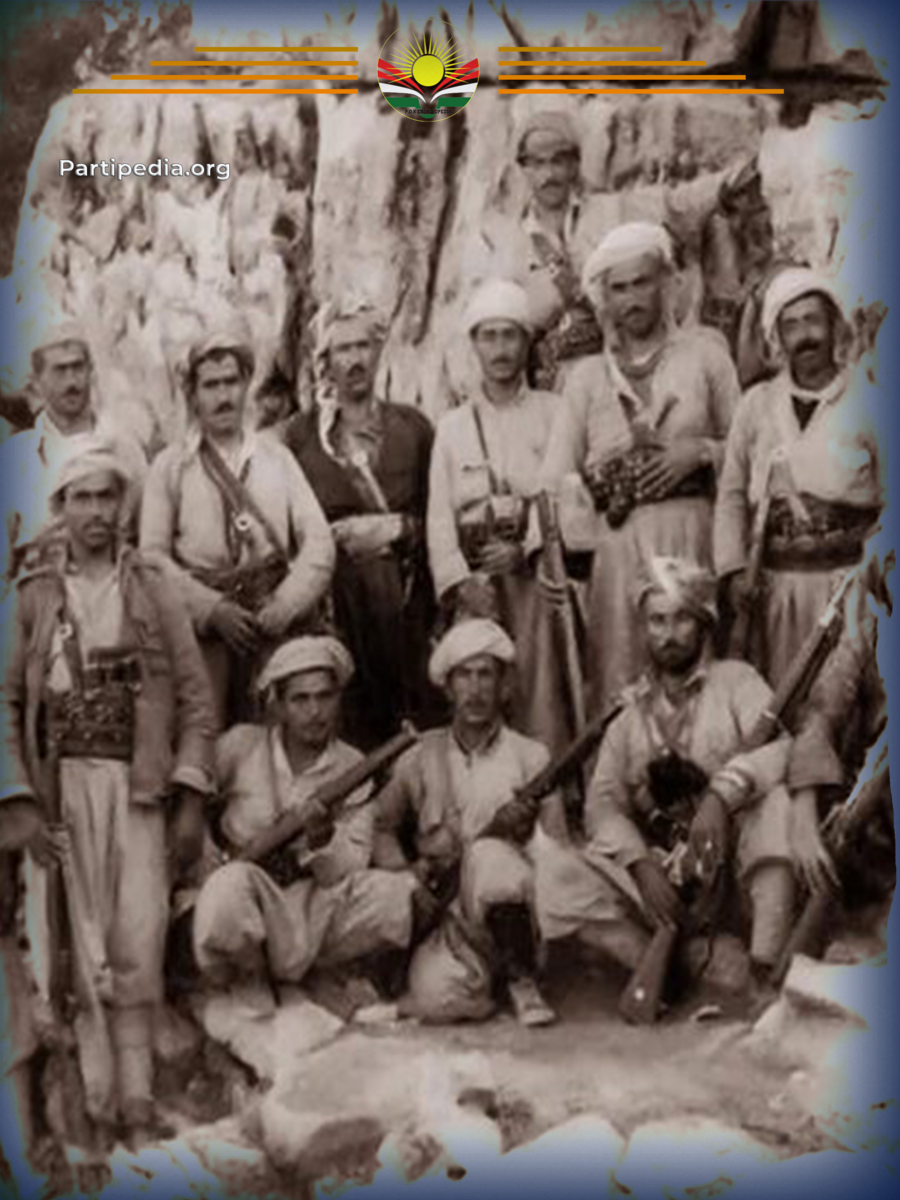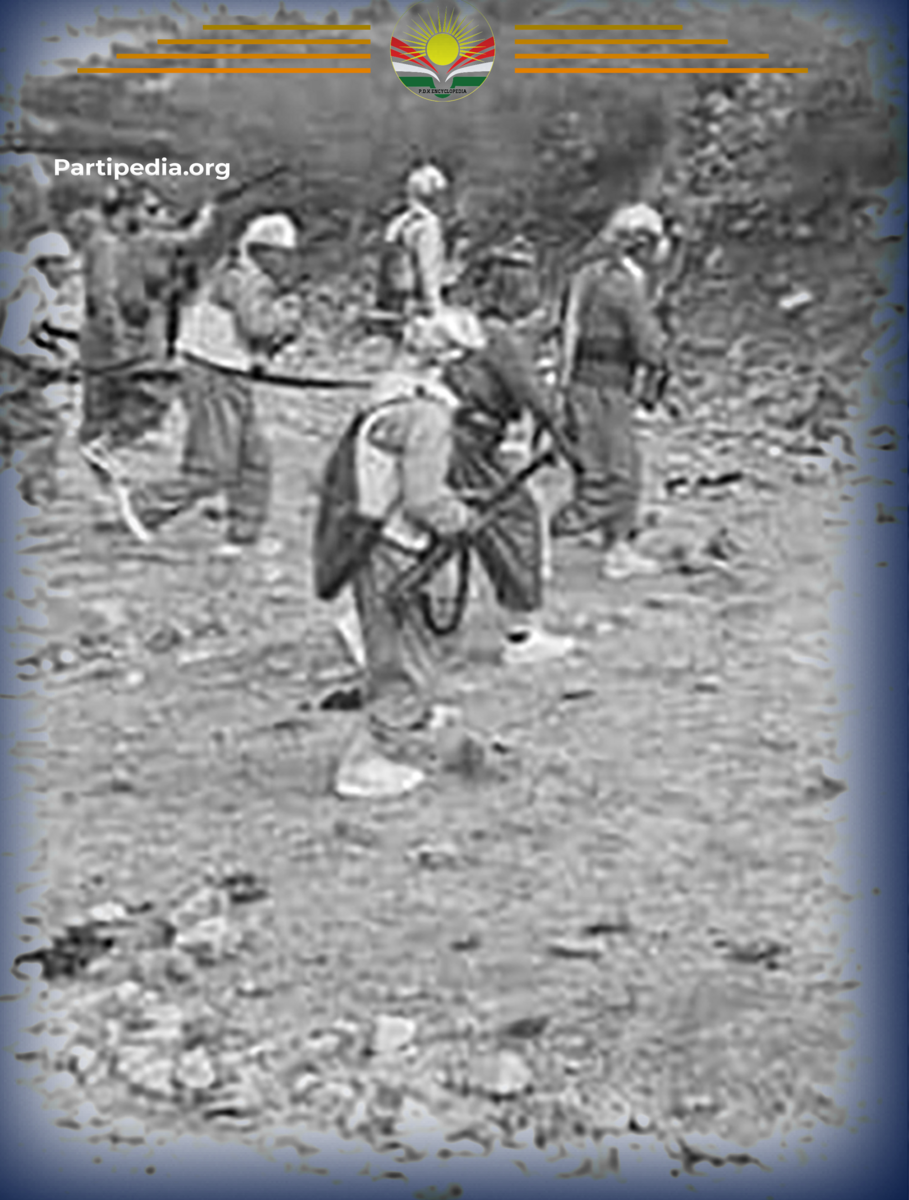In the year 1988, the Iraqi government initiated a thorough assault on the regions of Kurdistan that were under the authority of the Peshmerga. Clearly, owing to the Iraq-Iran conflict from 1980 to 1988, the government lacked sufficient forces to gain control over all parts of Kurdistan and assert dominance in multiple regions. Consequently, this presented an opportunity for the Peshmerga forces to establish control over several areas.
By the eighth year, the conflict between the two states began to wane as it neared a resolution and a peace treaty. This created a window of opportunity for Iraq to counter the Kurdish uprising and quell the revolution of the Kurdish people.
The Iraqi army initiated an offensive on February 26, 1988, at 7 am, advancing from the Betwata and Khalifan fronts to launch a large-scale attack on the Balisan Valley in western Sulaimani, situated within Erbil province, with the assistance and backing of military aircraft, artillery, armored vehicles, and mercenaries (jash).
The Peshmerga troops engaged them with a well-thought-out strategy. Consequently, thanks to the formidable defense put up by the Peshmerga forces, reports of the Iraqi army and forces defeat reached the Peshmerga troops by nightfall. Regrettably, three Peshmergas lost their lives in the assault.
Sources:
-
حاجى میرخان دۆڵەمەرى: گەڕان بە دواى دادپەروەریدا، بەرگى دووەم، چاپى دووەم، کوردستان – ٢٠٢١.
-
مهسعود بارزانی: بارزانی و بزوتنهوەی ڕزگاریخوازی كورد، بهرگی چوارەم، 1975-1990 شۆڕشی گوڵان، بەشی دووەم، چاپی یهكهم، چاپخانهی ڕوكسانا، 2021.
-
https://ckb.wikipedia.org/wiki/%D8%A8%D8%A7%D9%84%DB%8C%D8%B3%D8%A7%D9%86




